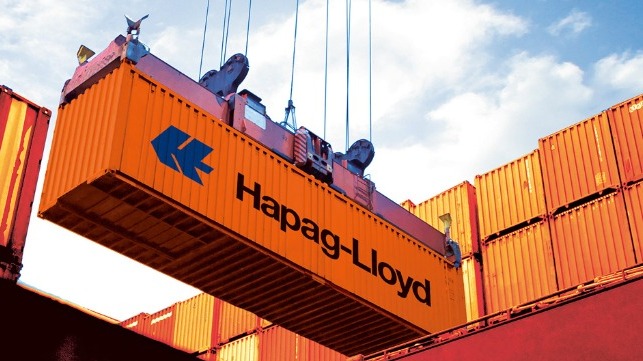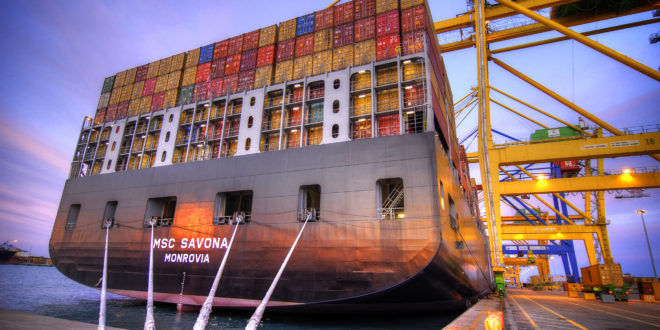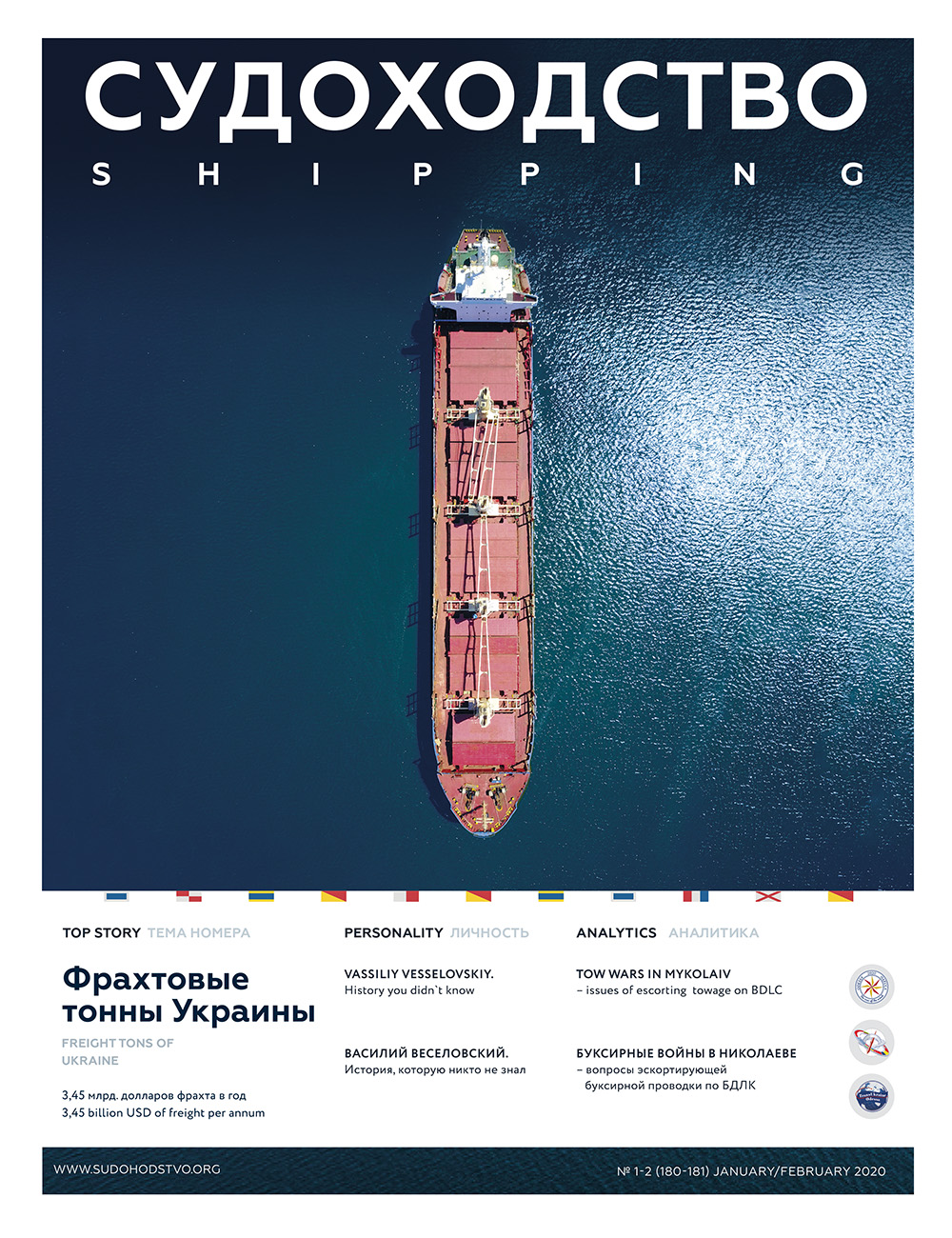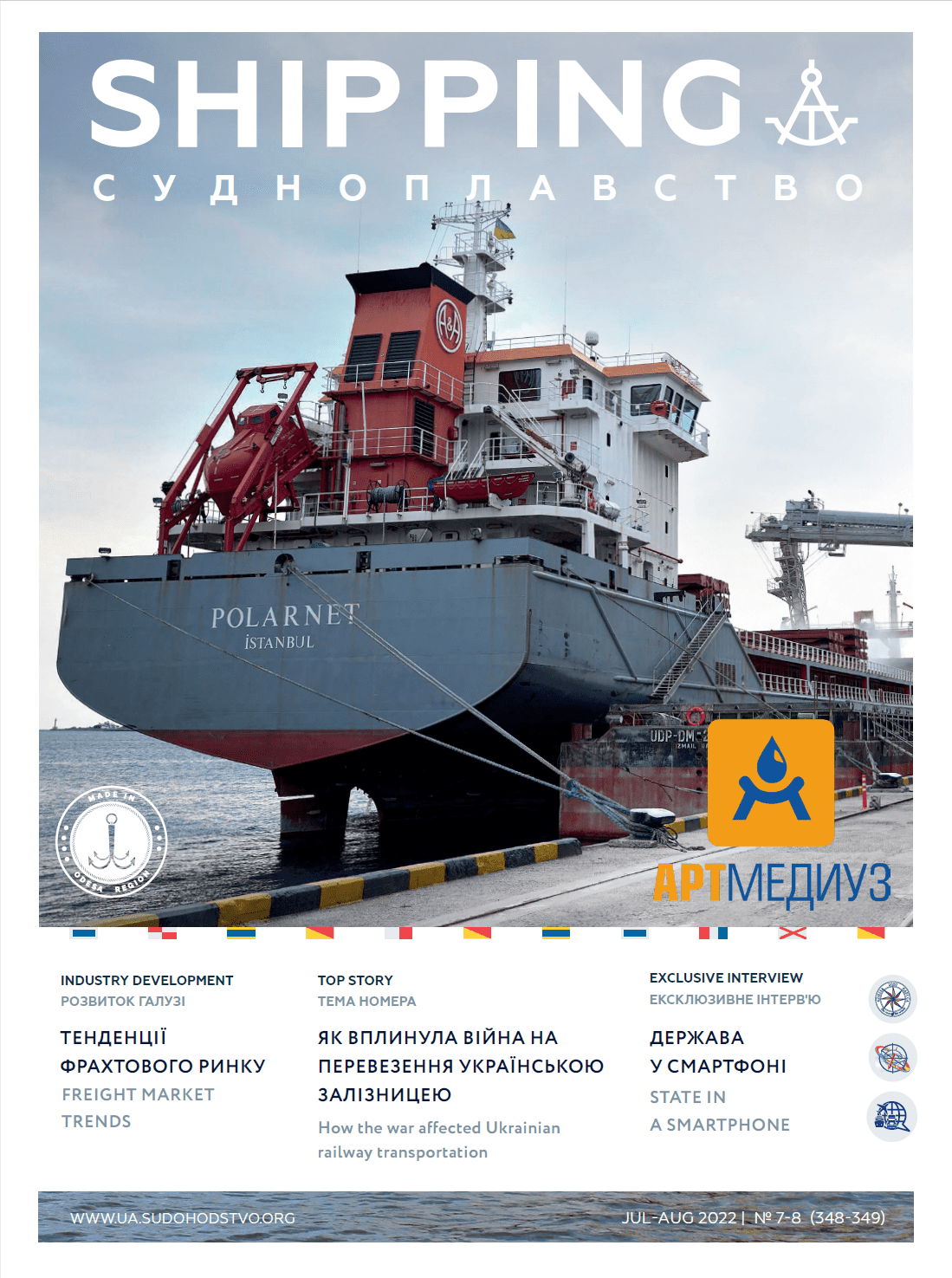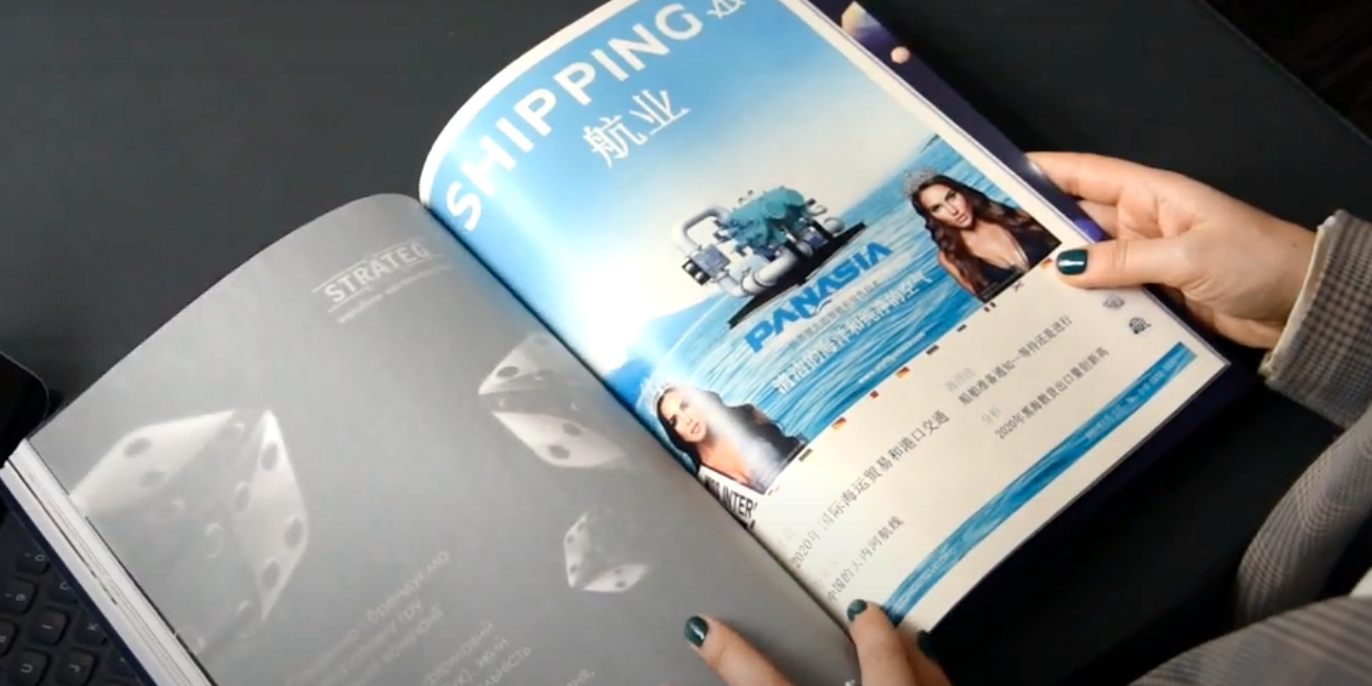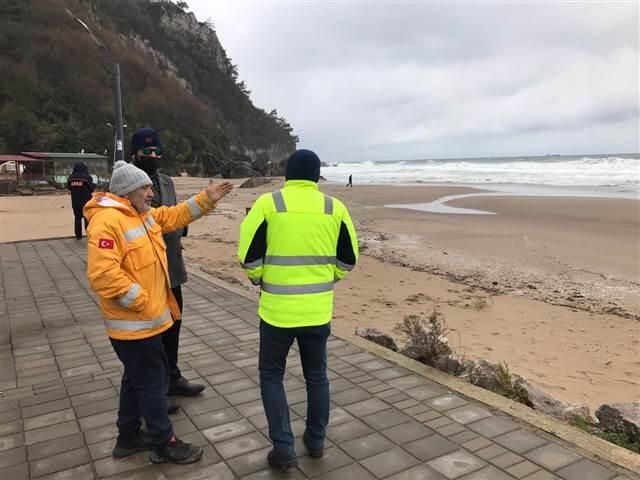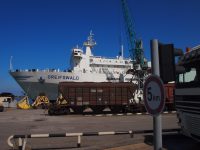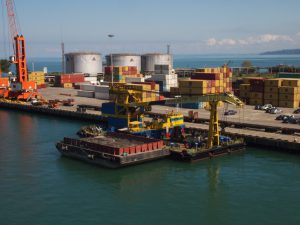Hapag-Lloyd Cruises has announced that it will use marine gas oil (MGO) on all routes sailed by its expedition ships — the HANSEATIC nature, the HANSEATIC inspiration and the Bremen from July 2020. Joining the fleet in 2021, the HANSEATIC spirit will also use this fuel.
The use of low-sulfur fuels in the Antarctic has already mandatory, and Hapag-Lloyd Cruises already uses MGO voluntarily in other sensitive regions, such as the Arctic and Kamchatka. In addition, the new expedition ships are equipped with an SCR catalytic converter that reduces nitrogen oxide emissions by almost 95 percent. They are also fitted out to use shore power.
The routes sailed by the vessels will be planned so that an optimum speed for fuel efficiency will be maintained, cutting fuel consumption by around one third.
The announcement that the vessels will sail exclusively on MGO comes along with the news reported in TradeWinds that Carnival Corporation claims to have switched all of its cruise ships traveling to the Arctic to MGO. When the change took place is unclear.
Since December 2016, international environmental organizations with the Clean Up Carnival coalition have been calling on the cruise giant to reduce its environmental and human health impacts by ending its use and carriage of heavy fuel oil.
«Stand.earth applauds this as an important step in the right direction, and a move that puts the shipping sector on the pathway to a truly heavy fuel oil-free Arctic,» said Kendra Ulrich, Senior Shipping Campaigner at Stand.earth. «Now Carnival should take the next logical step to ensure that none of its ships traveling to the region are carrying heavy fuel oil onboard.»
Carnival Corporation is the largest dues-paying member of the trade industry organization Cruise Lines International Association (CLIA), and Carnival CEO Arnold Donald sits on CLIA’s board. The trade organization regularly participates in international policy negotiations at the IMO. The Clean Up Carnival coalition is asking CLIA to follow Carnival’s example and fully support a ban on heavy fuel oil in the Arctic.
Nine Carnival-owned ships travel to IMO-defined Arctic waters, while 49 Carnival-owned ships travel north of the 50th parallel to the wider geographic Arctic, Subarctic and Alaska.

